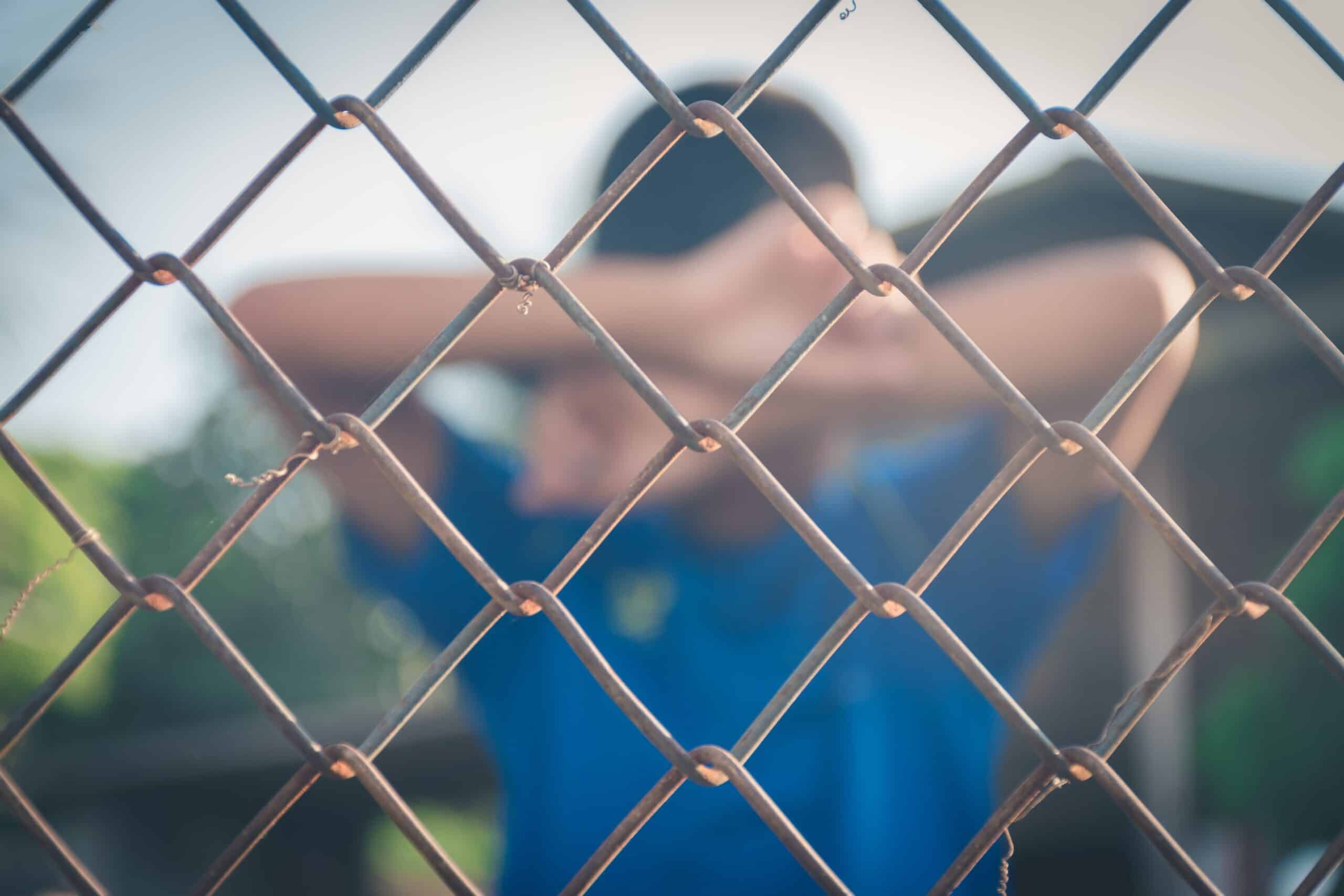What Rights and Protections Are Provided to Tennessee Juveniles Accused of Crimes?
The legal process for a juvenile accused of a crime differs from the system for an adult offender. The juvenile laws in Tennessee are intended to ensure youthful offenders get the help, care, and guidance they need to become responsible, law-abiding adults. The state’s laws also aim to protect society from juvenile criminal conduct. One key aspect of the juvenile court system is that the outcomes of the cases do not leave a permanent mark on the individual’s adult criminal record. However, some parts of a juvenile record may be available to the public unless the individual seeks to have them expunged after turning 18.
As with the adult criminal court system, the juvenile court must uphold the accused offender’s constitutional rights and ensure a fair hearing. However, the specific legal rights afforded to a juvenile accused of criminal activities differ somewhat from those granted to an adult. It is vital to seek the counsel of a knowledgeable juvenile defense attorney as soon as possible after an arrest to ensure all applicable rights are upheld.
Do Juveniles Have a Right to an Attorney?
According to Rule 205 of Tennessee’s Rules of Juvenile Practice and Procedure, juveniles have the right to legal representation at all stages of a delinquency proceeding. They also have the right to an attorney if they have been alleged to be unruly and face the possibility of removal from their home. The court must immediately inform the minor of their right to an attorney. If a juvenile cannot afford an attorney or their parents or guardians refuse to pay for representation, an attorney will be appointed by the court.
Surprisingly, Tennessee allows the accused juvenile to waive their right to an attorney. However, very stringent rules surround this process because waiving the right to legal counsel can have serious implications for the accused individual. The court must explain to the child in language appropriate for their age what waiving their right to representation means.
For the waiver to be viable, the child must knowingly and voluntarily decide to refuse an attorney. The waiver must be made orally and in open court after the child has consulted with a knowledgeable adult who is capable of providing unbiased information. The juvenile and the judge must further confirm the decision in writing. The child still retains the right to change their mind about the waiver at any time during the proceedings and seek legal counsel.
What Other Rights Does a Tennessee Juvenile Have After an Arrest?
Being accused of a crime at any age can be frightening and stressful, but for juveniles, it can be particularly distressing. It’s important to remember that anyone facing allegations of wrongdoing is innocent until proven guilty, and all law enforcement officers and judges must act in accordance with Tennessee law when handling the case. Some of the fundamental rights of accused juveniles include the following:
- Right to a timely hearing: If a juvenile is detained, a detention hearing must be held within 72 hours, excluding weekends and holidays.
- Right to understand charges: Juveniles have the right to be informed of the charges against them. This includes understanding the nature of the accusations and the potential consequences if found guilty.
- Right to avoid self-incrimination: Juveniles have the Fifth Amendment right to remain silent and not incriminate themselves.
- Right to a fair trial: Juveniles have the right to a fair trial, including the right to confront and cross-examine witnesses.
- Right to appeal: If a juvenile is found guilty, they have the right to appeal the decision.
- Right to seek expungement: A juvenile who turns 18 can petition the court to expunge their juvenile record if he or she is one year removed from the most serious offense and has not been convicted of a crime.
If an older juvenile commits a serious crime, the juvenile court may choose to transfer their case to an adult criminal court for trial. Upon the transfer of the case, the juvenile will be afforded all the same rights as an accused adult offender.
How Does a Juvenile Hearing Differ From an Adult Hearing?
Both adult and juvenile hearings are conducted in a courtroom with a judge, but unlike adults, juveniles sometimes have the right to a closed hearing that is not open to the public. Closed hearings always occur when the case involves dependent or neglect proceedings. The juvenile court also has the discretion to exclude the public from some or all of the proceedings for youths accused of unruly or delinquent acts. However, the juvenile or their legal representative must request a closed hearing and provide compelling evidence demonstrating why it is necessary for the situation.
Adults charged with criminal activities have some rights that are unavailable to juveniles. These include the right to bail and the right to a jury trial. Juvenile hearings only occur before a judge, and a bond may be set to ensure the juvenile’s attendance at further hearings. Often, a juvenile will be released to their parents or guardians until their adjudication or disposition hearing. If the judge finds that the juvenile engaged in the actions they have been accused of, they will learn about the consequences during this hearing. Juveniles will not be sent to a county jail, although they may be held in a juvenile detention facility if their crime meets the criteria for secure custody.
Why is it Vital to Enlist the Services of a Juvenile Defense Attorney?
It can be intimidating to navigate the juvenile court system as a youth accused of a crime. An experienced juvenile defense attorney can ensure you are treated properly after your arrest and not intimidated or coerced into acting against your best interests. Fully understanding your rights is vital to reaching the best possible outcome in your case and preventing the accusations from derailing your future.
If you are a juvenile facing criminal accusations or the parent of a minor experiencing legal difficulties, the Law Office of Hibbeler & Associates can provide clear, compassionate guidance and strong representation. To learn more about our services, contact our office at 931-236-2711 to schedule a free 30-minute case evaluation.

 931-236-2711
931-236-2711 Call Us Now
Call Us Now


